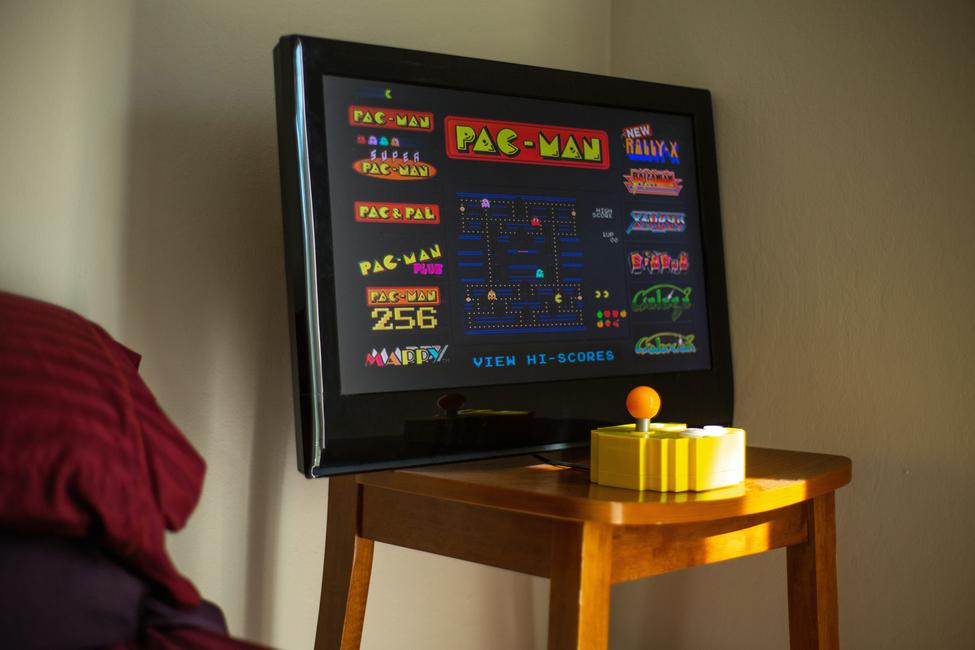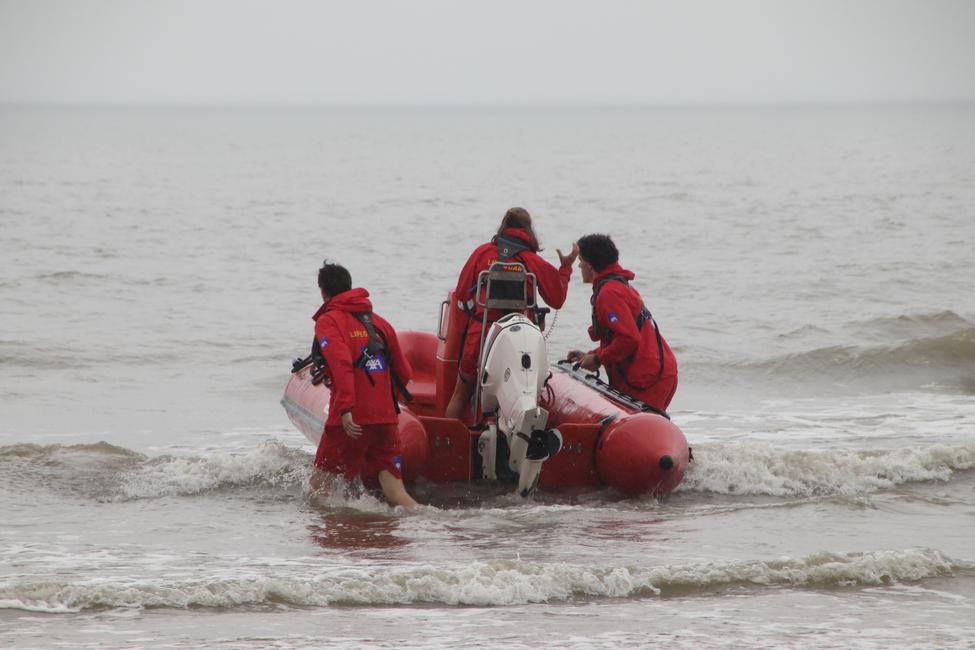A week ago, I attended a lecture on fatherhood with other fathers at my son’s school. The lecturer has been an educator for decades and run school systems and Greenwich Country Day School. He was quite interested in and well read on issues of genetics, nurture (family & parenting), and culture (social influences) as they relate to child development. But he opened the Father’s Workshop by saying males are not biologically inclined to raise children, except perhaps in the earliest months. (In his view, only culture motivates fathers to act as fathers, which is what he urged us to do.) While I admired his motivation, I disagreed with his premise, saying that what I have read on this subject suggests his claim is correct for many species but that humans, though not monogamous, are far closer to monogamy than most animals, including our nearest primate relatives, and that this is likely true because human parents must care for and teach their children for so many years and have evolved pair-bonding precisely to help our children (and grandchildren) thrive and pass their genes into the future. Human fathers are instinctively, I believe, more bonded to their children than gorilla, chimp and bonobo fathers. My reading of the primatology literature confirms what my heart (and the logic of evolutionary biology applied to the human condition) tells me about the fatherhood impulse in humans being partly biological. Coincidentally, just a few days later, New York Times writer Nicholas Wade wrote “New View of How Humans Moved Away From Apes”, based on fresh research on this exact question.
...







